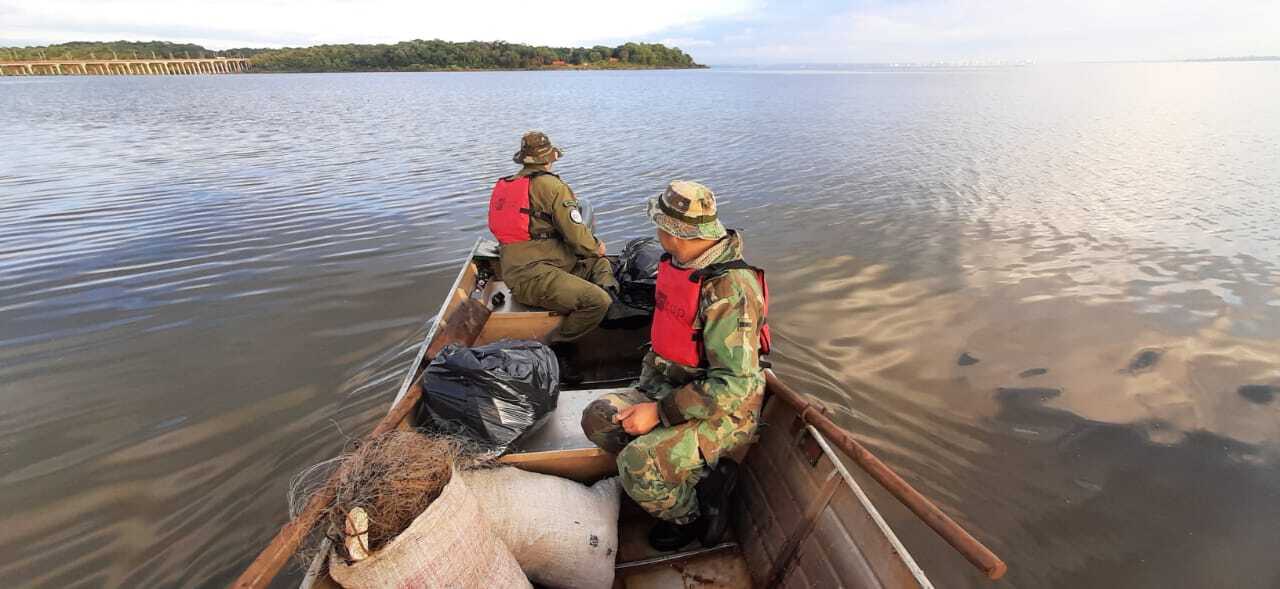ST. LOUIS —Saint Louis Zoo WildCare Institute launched a new program this summer to support protection of vital carnivore habitats in Argentina.
Dr. Karen DeMatteo, the Principal Investigator of The Program for Conservation in Misiones, Argentina, has been involved in the science and conservation of carnivores for over 25 years, beginning with a Saint Louis Zoo-based study on bush dogs.
DeMatteo has maintained deep ties to the Zoo, with the establishment of this program further strengthening the relationship.
She is best known for her work using conservation detection dogs to map presence of often-elusive carnivores in both the United States and Argentina. These dogs are trained to locate scat or droppings of specific species by smell, helping DeMatteo and other researchers track their movements through different habitats.
DeMatteo and her collaborators piloted the project, Proyecto Zorro Pitoco, in 2007 with the goal of gaining data on bush dogs, a threatened and poorly understood carnivore, in the Atlantic Forest in Misiones, Argentina. DeMatteo’s Chesapeake Bay retriever named Train worked from 2009 through 2018 to accurately track the animals' movements better than previous methods in and around a 400,000-hectare biological corridor in Misiones.
Today, the project has greatly expanded, focusing on the goal of making a protected Green Corridor in Misiones a reality. The Corridor would safeguard an important swath of the Atlantic Forest, a biodiversity hotspot vital to five carnivore species (jaguar, puma, ocelot, southern tiger cat, and bush dog) and their prey. Over half of the Corridor is privately owned and under threat from increasing population density and development.
The work of DeMatteo and her collaborators has been embraced by the provincial government of Misiones, the Ministry of Ecology and Renewable Natural Resources. Due to the findings generated by Train, the Ministry created antipoaching park guard patrols and offered support to a landowner outreach program aimed at encouraging better coexistence with residents and wildlife.
After DeMatteo's dog, Train, died in 2022, the Ministry commissioned a statue in his honor, unveiled last year in one of Argentina’s largest provincial parks.
Today, DeMatteo and the other project directors are focused on supporting the antipoaching efforts, landowner interaction programs and expanding the corridor further south. The project is also training Argentinian conservationists on the use of conservation detection dogs, genetics, and GIS to continue and expand the project's biodiversity studies in the region.
A peer-review panel of Zoo staff approved the new conservation program this summer, marking the WildCare Institute’s first new program since 2019.
The program creates a formal relationship between the Zoo and DeMatteo's work, but DeMatteo has decades of experience with the Zoo. She was hired at the Zoo in 1995 as a research assistant and database manager with the AZA Contraception Advisory Group. She then completed her doctoral research and postdoctoral work by working with Zoo researchers.
DeMatteo taught for 16 years in the Environmental Studies Program at Washington University where she remains an academic advisor.
DeMatteo hopes the formal connection to the WildCare Institute will provide a base of support for her work and create an opportunity for the exchange of ideas, knowledge and experiences with Zoo staff.


